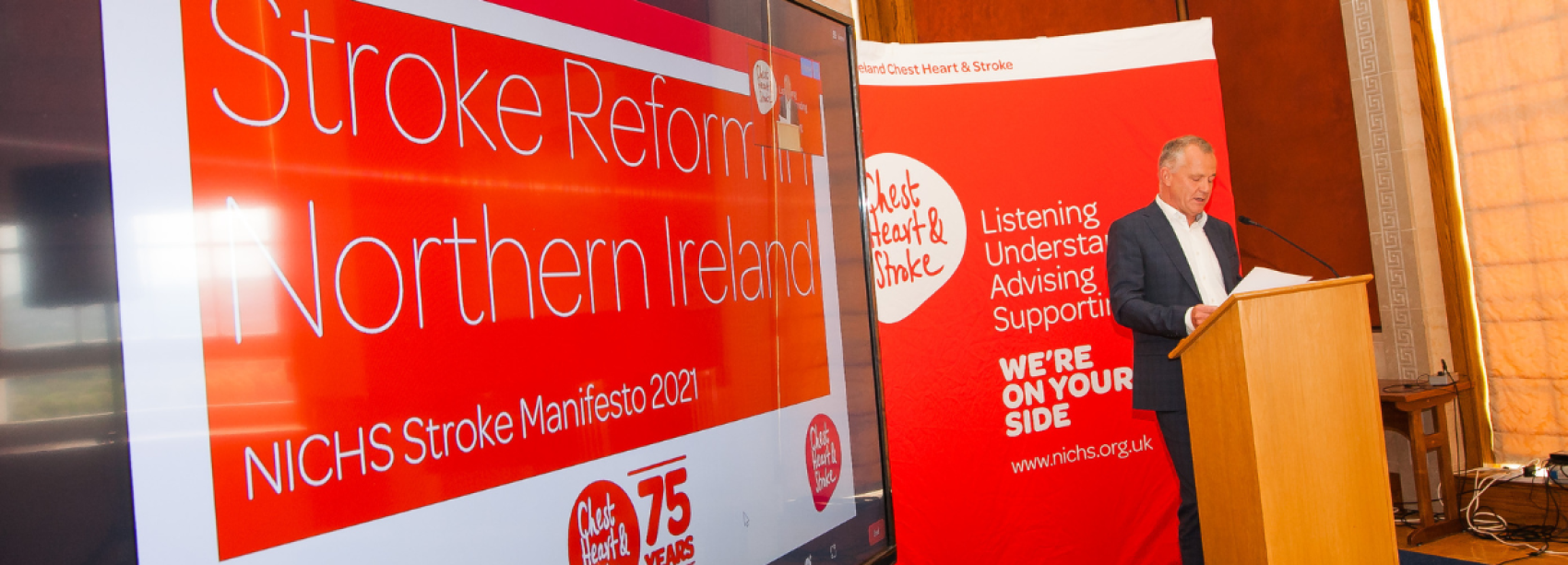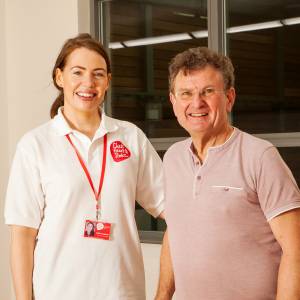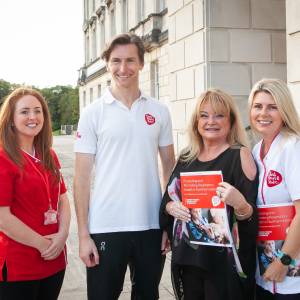NICHS aims to utilise findings from ours and other people’s research to inform chest, heart and stroke policy areas that we want to influence and change. We also listen to local people and clients to hear their needs and issues, which are reflected in the areas we want to influence and change.
We use this feedback and research evidence to influence our decision makers such as health care leaders, civil servants, politicians and the Government to improves the lives of our Northern Ireland chest, heart and stroke community who we have represented since 1946.
Cardiac and Heart Care Policies
Read more about our policies on issues such as cardiac waiting lists, Out-of-Hospital Cardiac Arrest (OHCA), Congenital Heart Disease and Familial Hypercholesterolemia.
Respiratory Policies
Read more about our policies on issues such as asthma and COPD care, smoking and e-cigarettes, and air quality.
Stroke Policies
Read more about our Stroke Manifesto and Atrial Fibrillation Inquiry.
Health & Wellbeing Policies
NICHS does believe that prevention is better than cure and that we have to work across government departments and with other partner to achieve health and well-being and reduce inequalities for the people of NI. Our specific goal is to help prevent avoidable chest, heart and stroke conditions.
E-Cigarettes/Vaping and Tobacco Policies
NICHS continues to support measures designed to decrease the level of smoking in the community. We are also concerned about increasing evidence about cardiac and respiratory illness being linked to vaping and we are particularly concerned about the rapid rise in the number of young people using vapes.
Research Policies
Northern Ireland Chest Heart and Stroke is a member of the Association of Medical Research Charities (AMRC). All AMRC members support the AMRC position statement on the use of animals in research. NICHS does not typically fund animal research. Please visit the AMRC website for the full statement.
Long COVID Position Statement
Read more about our policies in regards to Long COVID care.








